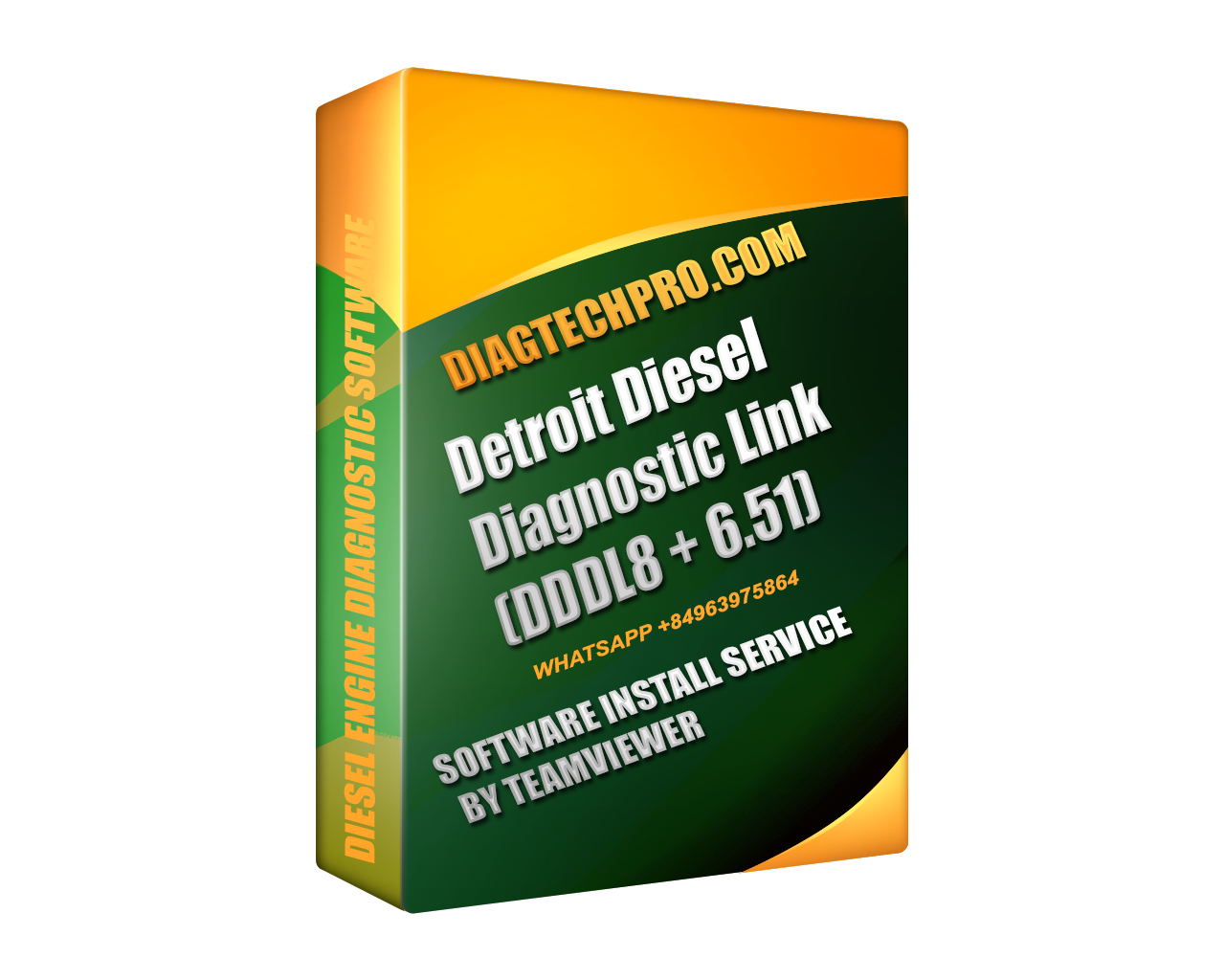Detroit Diesel Diagnostic Link 8.23 – The Essential Diagnostic Tools for Detroit Diesel Engines
126 $ Original price was: 126 $.105 $Current price is: 105 $.
Brand: DDDL 6.51 + 8.21 + 8.23
Version: 6.51 + 8.21 SP1 + 8.23
File Size: Approximately 2.02 GB
License Time: 2 year
Software Type: Diagnostic and programming software
Region: Global
OS Support: Windows 10 and Windows 11
Category: All Product
Size Installed: Approximately 4.11 GB
Database Language: English
Interface Language: English
Detroit Diesel Diagnostic Link (DDDL) is an essential diagnostic and programming software for Detroit Diesel engines. It allows technicians to read fault codes, monitor real-time data, update ECM software, and optimize engine performance efficiently.
Version Overview
-
DDDL 6.51: Best suited for older Detroit Diesel engines. Provides basic diagnostics, fault code reading, ECM flashing, and parameter adjustments.
-
DDDL 8.21: Supports modern engine platforms with an improved interface, advanced diagnostics, wider engine compatibility, and enhanced data logging.
-
DDDL 8.23 (Latest): Fully optimized for the newest Detroit Diesel engines. Offers the most up-to-date ECM programming, deeper diagnostics, better stability, and full support for latest emissions and engine technologies.
Key Benefits
-
Fast and accurate fault diagnostics
-
Real-time engine monitoring
-
ECM programming, calibration, and parameter tuning
-
Improved fuel efficiency and engine performance
-
Reduced downtime and maintenance costs
Who Should Use DDDL?
-
Diesel technicians
-
Fleet operators and managers
-
Independent repair shops
-
OEMs and engine specialists
System Requirements
-
Windows-based PC or laptop
-
Compatible Detroit Diesel diagnostic interface
-
Proper software licensing
Conclusion
DDDL 6.51, 8.21, and 8.23 provide a complete diagnostic solution for both legacy and modern Detroit Diesel engines. Whether maintaining older systems or servicing the latest engine models, DDDL ensures accurate diagnostics, optimal performance, and long-term engine reliability.
📥 Contact Us:
🌐 Website: www.diagtechpro.com
📲 WhatsApp: https://wa.me/message/K6JOQMVFBGSAD1
📧 Email: di4gtechpro@gmail.com
| Version | 8.11, 8.13, 8.15, 8.17, 8.23, 8.7, 8.9 |
|---|
Be the first to review “Detroit Diesel Diagnostic Link 8.23 – The Essential Diagnostic Tools for Detroit Diesel Engines” Cancel reply
Related products
All Product
All Product
All Product
All Product













Reviews
There are no reviews yet.